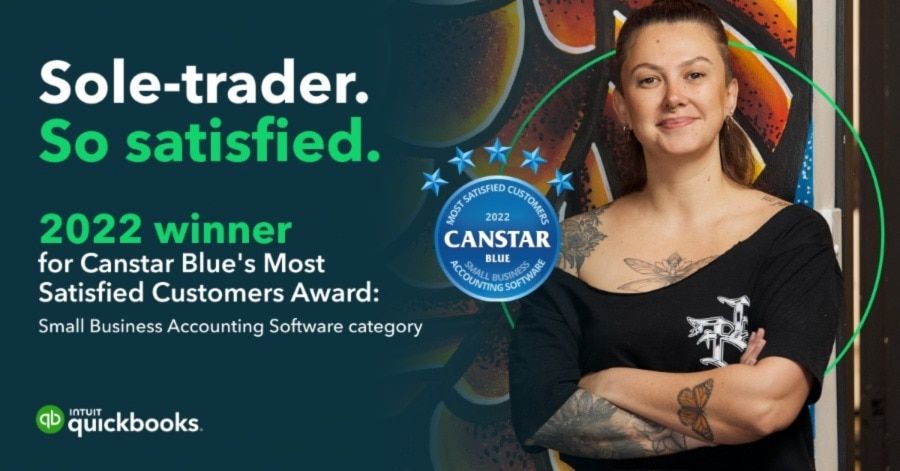Find a no-capital business idea
What kinds of businesses can you start with no capital? When you think about starting a business, these are some of the costs you could expect to incur:
- Rent
- Tenant improvements
- Office furniture and supplies
- Labour
- Tools and equipment
- Raw materials
- Opening inventory
- Website design and hosting
- Advertising or promotions
- Software
- Insurance, licences or permit fees
A low-to-no capital business would be one where most of these costs don’t apply. An online business or home-based business lets you eliminate rent, tenant improvements and office costs—and maybe even take a tax deduction for using part of your home for business. If you do everything yourself, you can eliminate labour costs.
By choosing a business that uses the tools and equipment you already have, you can eliminate that cost. Service- or knowledge-based businesses don’t require inventory or raw materials since you won’t be making or selling any physical goods. You will probably require a computer, although you may be able to run some businesses entirely through your phone.
What about a website , or advertising and promotion? You may be able to eliminate these entirely by setting up shop on one of the many service provider marketplaces and sharing economy marketplaces that handle all that for you. To name just a few:
- Airtasker and Helpling for errands, handyman work and household tasks
- Mad Paws and Pawshake for dog walking
- Fiverr or Upwork for media and technology professionals
- Airbnb or Vrbo if you want to rent out a room in your home
- Parkhound or Spacer if you have a desirable parking space to rent
- DriveMyCar or Car Next Door if you want to rent out your car when you’re not using it
- Etsy, Amazon or eBay for homemade or resale products
- Uber, DoorDash or Deliveroo if you’re willing to deliver food or taxi passengers
Some of these platforms may even provide some form of insurance as part of their offering, but you should be sure to understand what is covered and whether you need supplemental insurance.
Of course, all of these platforms take a healthy cut of your payment, so you are still paying for the website, advertising and insurance—just not as an up-front, out-of-pocket cost.
If you really want to spend no money at all, you could do all of your accounting on paper and only accept payment by cheque or cash, but as a practical matter you’ll probably want to use some kind of accounting and tax software and set up a merchant account so you can accept credit cards, as that is the preferred payment method for Australian consumers.
The only costs you may not be able to avoid as a business owner are any licensing or permit fees required by your city, state or territory for your type of business, and legal fees if you decide you want to incorporate.
You really can start a business for little money if it’s one that’s home based, has no employees, doesn’t do any manufacturing or retailing and requires no up-front investment in a website or marketing. If you’re looking for ideas, simply search the web for “no capital” or “low-cost” business ideas and you will find an abundance of lists to inspire you.















